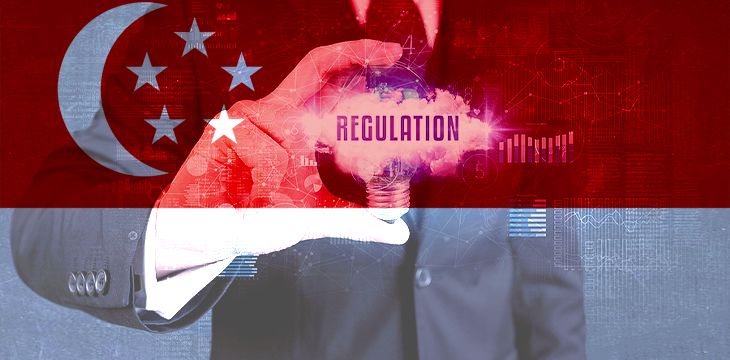|
Getting your Trinity Audio player ready...
|
Singapore’s financial services regulator is seeking to implement stricter regulations for the country’s digital currency industry. The Monetary Authority of Singapore (MAS) has proposed a new law that will give it oversight over companies based in Singapore, even if they don’t offer services in the country.
The MAS has been overseeing the digital currency industry ever since the Payment Services Act came into effect in January 2020. The Act allowed the regulator to ensure that all service providers in the country abided by the Financial Action Task Force recommendations for virtual asset service providers (VASPs).
However, as the MAS revealed in a recent consultation paper, this was just the first phase. The FATF requires that a VASP must be regulated by the jurisdiction where it’s created. This ensures that every service provider is regulated by at least one oversight authority regardless of the scope of its global coverage.
If passed into law, the draft bill will give the regulator authority over companies dealing in or facilitating the exchange of digital currencies. It will also oversee companies that offer advisory services to digital currency holders and those that offer storage and custodial services.
The new rules will apply to any company that has at least one director based in Singapore, is incorporated in the country, has a permanent place of business in the country or was launched as a result of a partnership formed there.
The regulator further revealed that it considers all digital currency transactions as inherently more risky, claiming: “Without regulation, the anonymity, speed and cross border nature of their activities make this sector highly vulnerable to criminal abuse.”
Known as the “New Omnibus Act for the Financial Sector,” the proposed law also expands the regulator’s power in other areas as it seeks to protect the country from money laundering and terrorism financing. The MAS will now have greater control over technology risk management systems, including cyber security and data protection measures.
Singapore’s digital currency industry has undergone drastic changes in the past year as the MAS expanded its oversight over the industry. The Payment Services Act was the biggest turning point, requiring all service providers in the country to register afresh with the watchdog. In March, the MAS announced that due to the pandemic, it would relax its enforcement, allowing 415 companies to continue applying without a license.

 03-03-2026
03-03-2026 




